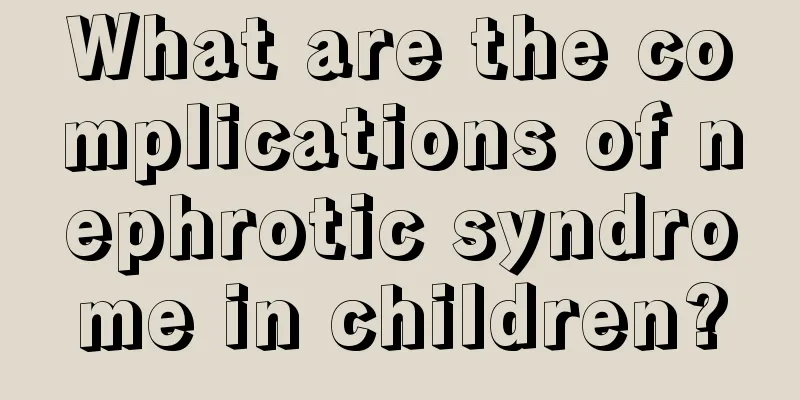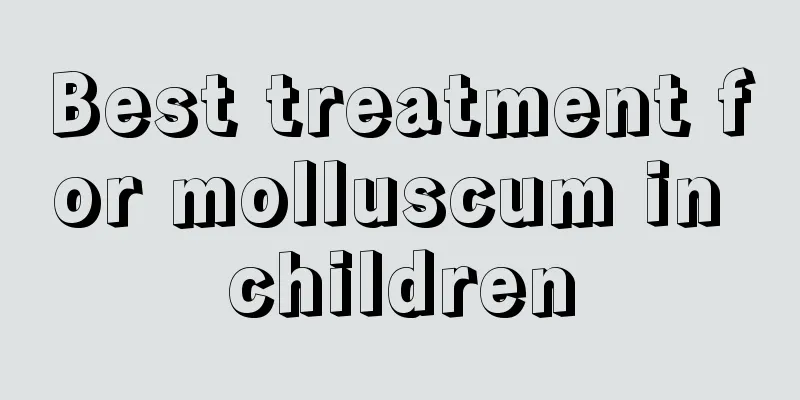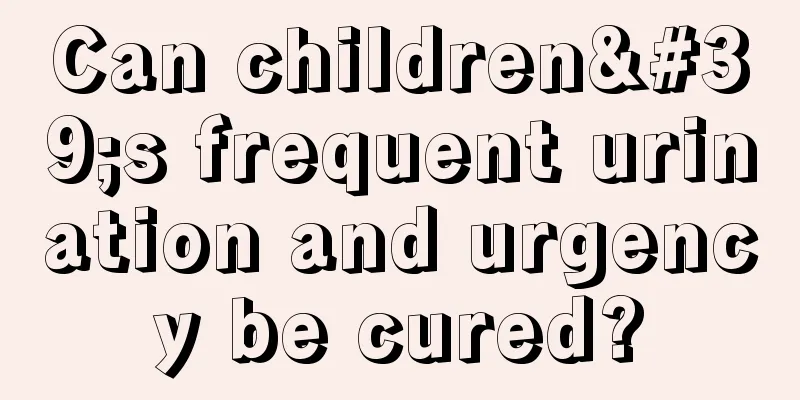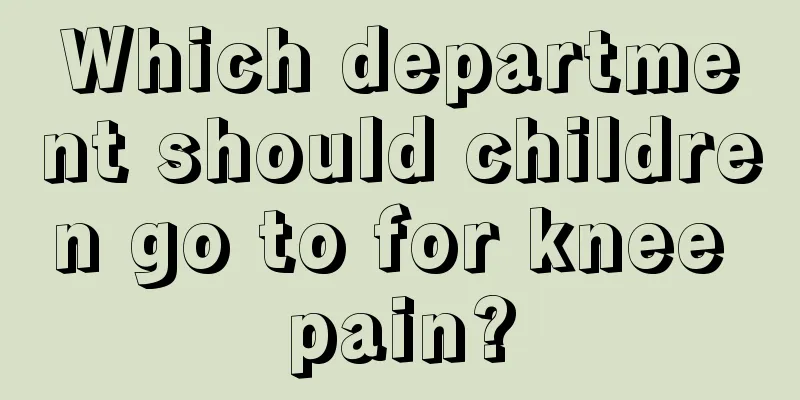What are the complications of nephrotic syndrome in children?

|
Nephrotic syndrome in children is one of the kidney diseases and is also relatively common in pediatric clinical practice. When the disease occurs, the child will appear to be obese, but in fact it is caused by edema. This is the most common clinical manifestation of nephrotic syndrome in children. In addition, patients may also experience symptoms such as decreased urine volume, loss of appetite, pale complexion, and mental depression. The disease may cause a variety of complications, harming the child's health or even endangering his life. 1. Infection It is the most common complication and the main cause of death. Common ones include respiratory infections, urinary tract infections, skin erysipelas and primary peritonitis. The preventive use of antibiotics is generally not recommended because the effects are unreliable and can easily lead to the proliferation of drug-resistant strains and dysbacteriosis; however, once an infection occurs, prompt and active treatment should be given. Children are also more sensitive to viral infections, especially when receiving corticosteroids and immunosuppressants. When complications such as chickenpox, measles, and herpes zoster occur, their condition is often more serious than that of ordinary children. For those with a history of contact, the dosage of hormones and immunosuppressants can be temporarily reduced, and -gamma globulin injections can be given. There have been isolated reports of measles infection causing temporary remission of kidney disease. 2. Hypercoagulable state and thromboembolic complications In kidney disease, changes in the coagulation and fibrinolytic systems in the body lead to a hypercoagulable state, and thromboembolic complications may occur, among which renal vein thrombosis is the most clinically important. Acute cases are manifested by sudden onset of gross hematuria and abdominal pain. Examination reveals tenderness at the costovertebral angle and masses in the renal area. In bilateral cases, there is acute renal impairment. The clinical symptoms of chronic renal vein thrombosis are not obvious, often only worsening edema and persistent proteinuria. X-ray examination showed enlarged kidney and ureteral notch. B-ultrasound can sometimes detect it, and renal venography can be used to confirm the diagnosis when necessary. In addition to the renal vein, such complications may also occur in veins or arteries in other parts of the body, such as the femoral vein, femoral artery, pulmonary artery, mesenteric artery, coronary artery, and intracranial artery, and cause corresponding symptoms. In clinical practice, when venous blood is drawn and it is found that the blood is easy to coagulate, the possibility of hypercoagulation should be considered. The simplest way is to measure fibrinogen and platelet count for initial screening, and other indicators can be measured if conditions permit. 3. Calcium and vitamin D metabolism disorders In kidney disease, vitamin D binding protein in the blood is lost in the urine, resulting in vitamin D deficiency in the body, affecting intestinal calcium absorption and feedback leading to hyperparathyroidism. Clinical manifestations include hypocalcemia, insufficient circulating vitamin D, and poor bone calcification. These changes are particularly prominent in growing children. 4. Hypovolemia Due to low plasma albumin and decreased plasma colloidal osmotic pressure, this syndrome often causes hypovolemia. In addition, some children have been improperly avoiding salt for a long time. When there is a rapid loss of body fluid (such as vomiting, diarrhea, large-dose diuretics, large-scale ascites, etc.), symptoms of hypovolemia of varying degrees may appear, such as orthostatic hypoemia, prerenal azotemia, and even shock. 5. Acute renal impairment Transient mild azotemia is not uncommon during the acute onset of this syndrome. Acute renal impairment may occasionally occur during the course of the disease. 6. Renal tubular dysfunction It may manifest as diabetes, aminoaciduria, loss of potassium and phosphorus in urine, and insufficient concentrating function. 7. Atherosclerosis It occasionally occurs in children with persistent hyperlipidemia. When the coronary arteries are affected, there may be chest tightness, angina pectoris, electrocardiogram changes, and even sudden death. 8. Others Children may occasionally experience neurological symptoms such as headache, convulsions, and visual impairment, which may be caused by a variety of reasons such as hypertensive encephalopathy, cerebral edema, dilutional hyponatremia, hypocalcemia, and hypomagnesemia. |
<<: Children's gastrointestinal conditioning, these bad habits must be abandoned
>>: What are the treatments for tooth decay in children?
Recommend
What causes rashes in children?
Skin problems are always similar and it is diffic...
Does my child need to be checked if he coughs up blood in the sputum in the morning?
We all know that children have small constitution...
Treatment for blisters on children's hands
Many of our children have blisters on their hands...
What's wrong with the baby's yellow-green stool?
As the baby grows up, because the baby is too you...
Three-year-old baby's tongue coating is white
We all know that the most important things in Chi...
My newborn baby keeps crying and won’t sleep. What’s going on?
As a new mother, you don’t have much experience i...
What's wrong with Yueke's child having diarrhea?
Diarrhea in children is a very common phenomenon,...
Children often lose focus in class
It is normal for children to have difficulty conc...
Do I still need to take folic acid after three months?
Folic acid is very important for pregnant women, ...
What to do if the newborn baby has not defecated for four days
When taking care of your baby, you always need to...
Treatment methods for cerebral palsy in children
Have you ever met someone who is slow to react or...
If I sleep with my head tilted, will it still be tilted when I grow up?
Sleeping with a tilted head is a colloquial term ...
What to do if your child stutters
Stuttering is what we often call stammering. Many...
What is the normal number of bowel movements for a four-month-old baby?
Some studies have shown that baby's poop can ...
Can children drink brown sugar water? Do you know that brown sugar has the effect of nourishing the stomach?
I believe everyone has the experience of drinking...









